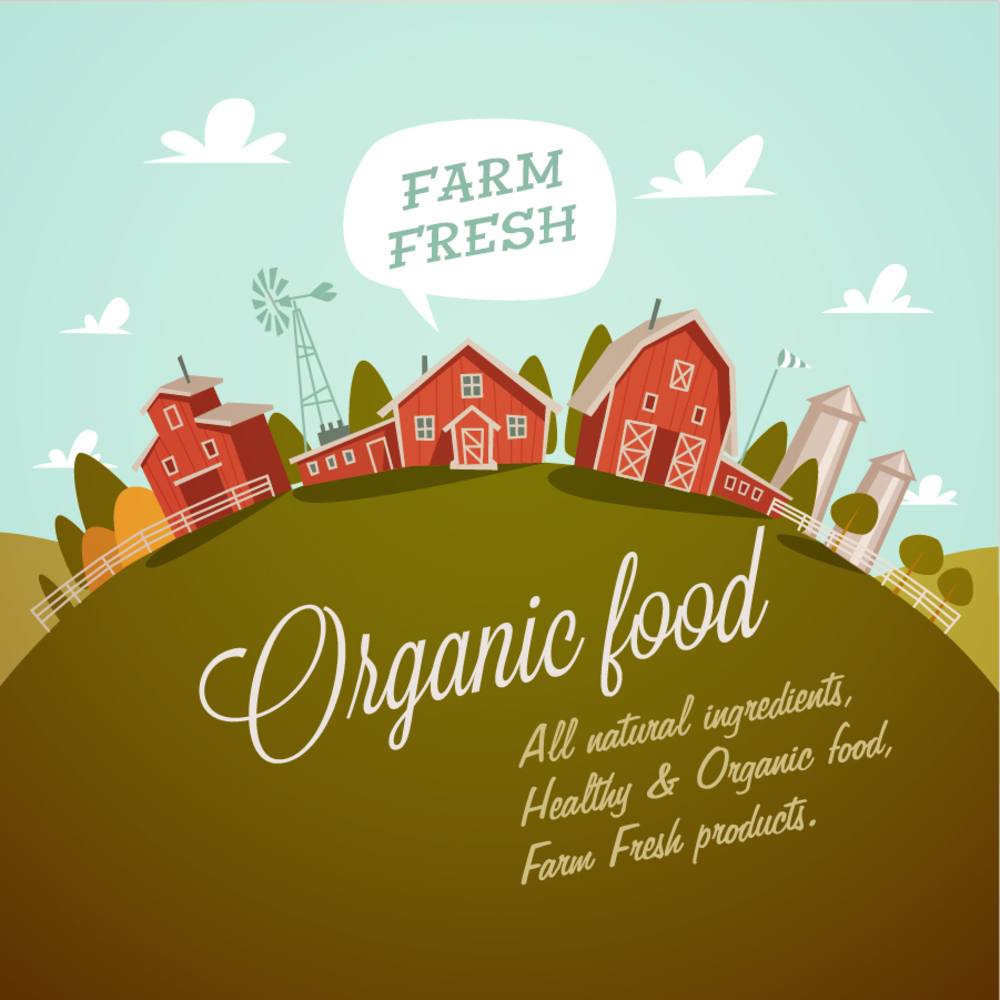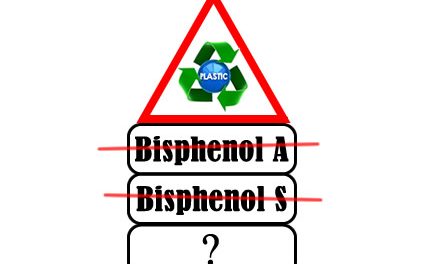Two Midwestern states in the U.S. are offering farmers three years of support to move to organic crop production. Farmers would ditch GMOs along with their toxic pesticides and herbicides. The aim is to boost acreage of organically-grown crops in the U.S. once the upper Midwest is well on its way to sustainable farming.
North Dakota and Minnesota have both started grant programs. Minnesota led the way in 2013 and North Dakota began its program this year. The grants, ranging from $750 to $1000, help farmers to transition to organic crops. The money can be used for everything from soil testing to education on how to grow food in a sustainable way.
The new programs disallow using chemicals. Farmers who are switching from mainstream to organic farming practices will learn how to grow crops without using chemicals.
Lowell Kaul, an organic farmer near Harvey, North Dakota, who serves on a board that advises the state agriculture commissioner, explains:
“. . . there’s a learning curve there that the farmer needs to go through.”
Kaul also noted that a government-approved agency must certify the crops as organic before the farmers can sell them in the organic market.
The Organic Trade Association (OTA) is lobbying for a government-administered transition program that will give farmers better financial and educational support as well as certifying them. Nathaniel Lewis, the OTA’s senior crops and livestock specialist, says there’s even talk of offering new organic farmers premium prices for their produce.
 Hopefully the grant programs will spread to other states. The citizenry of the U.S. could certainly use more organic farms. Almost half of Americans polled have said they want to eat organic food, and sales of organic food are booming. Recent sales have reached $35 billion annually.
Hopefully the grant programs will spread to other states. The citizenry of the U.S. could certainly use more organic farms. Almost half of Americans polled have said they want to eat organic food, and sales of organic food are booming. Recent sales have reached $35 billion annually.
There is certainly a healthy market waiting for any farmer who wants to heal his or her soil and start farming sustainably and organically.
*Article originally appeared Natural Society.












